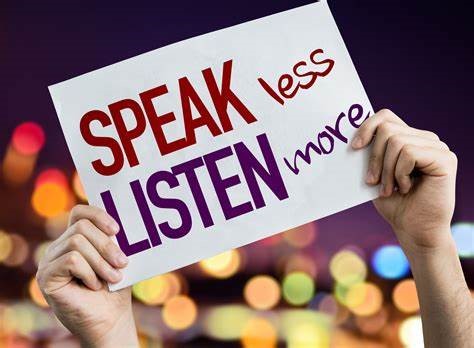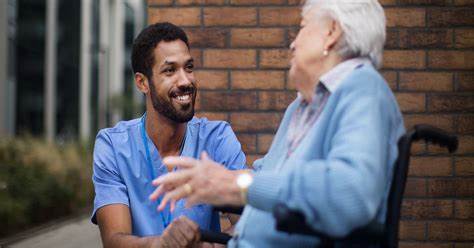How to Communicate Effectively as a Carer

One of the first steps to becoming an efficient caregiver is when you have good communication skills. You need to know how to communicate perfectly to ensure that you understand the needs, feelings, and emotions of your patient. Not having the right communication skills is one sure way of losing out on understanding and connecting with your patient.
A caregiver works with the most vulnerable patients, so, he or she needs to have excellent skills in dealing with these patients. Carers offer very delicate services that play huge roles in determining the outcome of the health and lives of their patients. This is the reason why a carer needs to have very good communication skills.
There are regular communication skills a carer should have, and there are very deep ones, they should have as well. A caregiver should have a deep knowledge of most communication skills. When he or she has a deep knowledge of these communication skills, they are bound to communicate effectively and efficiently as carers.
The Communication Skills Required of a Carer

1. Listening Skill
The carer has to be a very good listener to be able to communicate effectively. He or she needs to listen to the patient in his or her care, the family members, and also to other people involved in the work. By listening well and right, the carer can solve the needs in the house, plan, and function optimally as a carer.
2. Audibility and Clarity
A good caregiver should be audible and clear when speaking. This audibility and clarity are necessary to ensure that the patient, his or her family, and those working alongside the carer understand the carer perfectly. It is also good for the carer to be audible because in some cases the patients can have hearing issues.
3. Empathy
The carer has to be empathetic to flow well with the patient and the family. Empathy is very necessary for caregiving, and it is also part of the communication skills a carer should have to deliver his or her functions efficiently. Through empathy, the caregiver can understand the patient’s emotional needs faster. Sometimes, the patients do not need to communicate through words for the carer to understand his or her needs.

4. Flexibility and Adaptability in Communication
A good caregiver has to be flexible in communication when he or she is communicating with patients and their family members. This flexibility is necessary due to the variations of speech and communication styles among different people. Thus, a good carer should know how to communicate with different people and their different personalities perfectly. This is more important when a patient is involved.
5. Vibrancy and Persuasion
A carer needs to be a vibrant and persuasive speaker. Of course, the vibrancy and persuasion shouldn’t be overboard; however, it should be in the right amount to convince a patient and anyone involved. For someone who is a slow and lazy speaker, he needs to drop that as he or she gears up for caregiving jobs.
6. Feedback
The skill of reaching out and giving feedback is another great communication skill for a caregiver. The carer should be able to give reports of the patients he or she is in charge of. He should report at once any issues that put the patients in trouble. Giving feedback at the right time is an important communication skill for a caregiver.

Conclusion
A caregiver should know how to communicate effectively; it is part of the vital skills of caregiving. Having good communication skills is important in carrying out the duties of a carer. Therefore, caregivers ought to have and maintain excellent communication skills for complete patient satisfaction.










